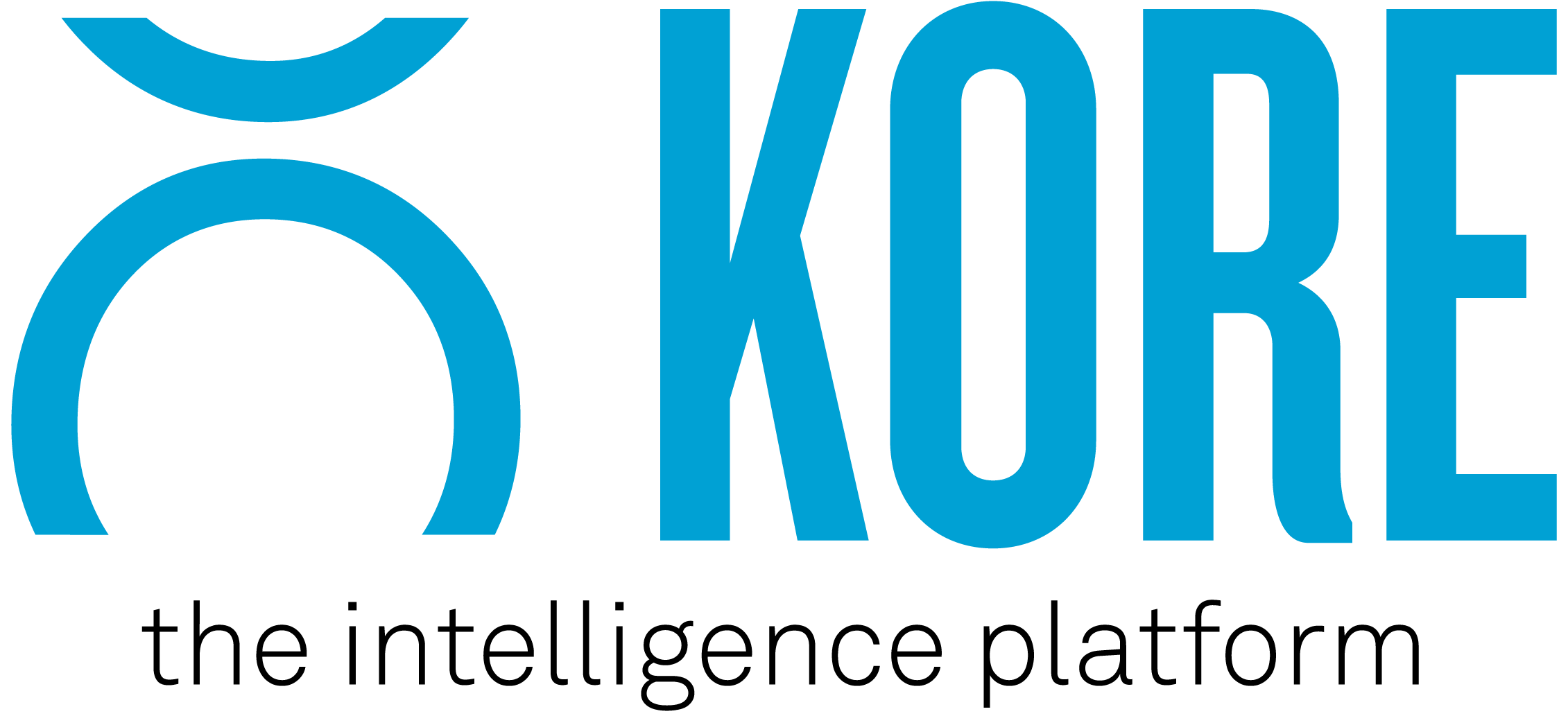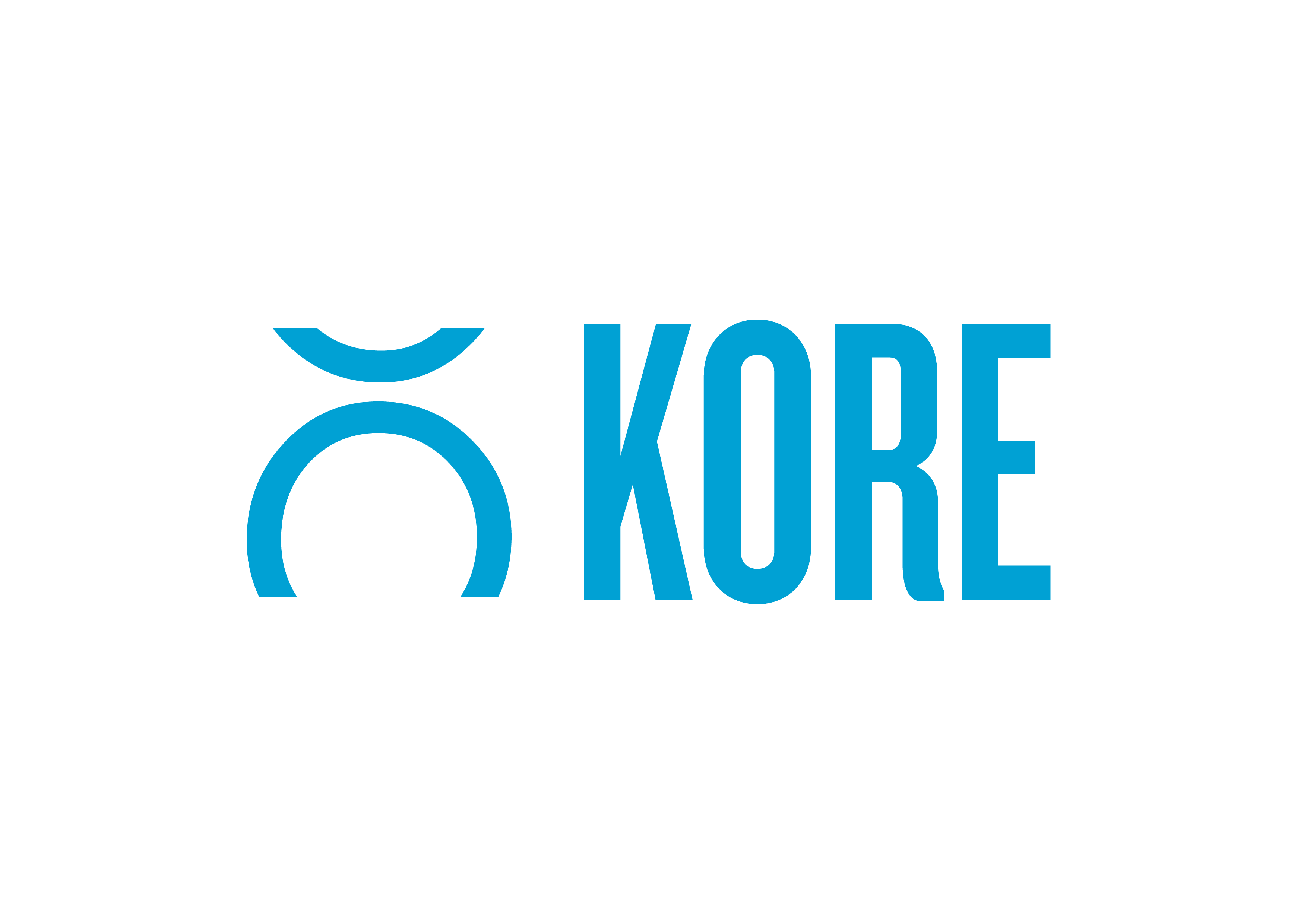After a seven-month delay, and zero egg salad sandwiches consumed by fans this year, we can finally crown our 2020 Masters Champion, Dustin Johnson. Scoring a record-setting -20 at Augusta National, Johnson rightfully defends his world No. 1 ranking and claims his first ever green jacket.
There are always a few “winners” when it comes to this tournament: the fans for attending a bucket-list event with some of the cheapest concessions in the world, Augusta National & the Masters itself, and the surprising few corporate partners allowed to say they are associated with the tournament. One thing people love about the Masters more than most sporting events? The lack of corporate logos and advertising noise normally associated with an event of this caliber. Golf’s tranquility is felt, regardless of which side of the screen you’re on.
Where Tradition Meets Innovation
The first Masters Tournament in 1934 was broadcast on CBS Radio. It was not until 1956 that CBS televised the event, an arrangement we still engage with today. Even more impressive, our current scoring of golf was heavily influenced by a new method introduced by Frank Chirkinian of CBS for the 1960 Masters tournament. Previously scores were cumulative rather than above/at/below par.
As traditional as the Masters is, the tournament has learned to embrace innovation both with how the game is played and consumed. During the 2020 Masters Tournament, its app ranked #12 in the sports category on the Apple app store, scoring 4 / 5 stars, with over 1,000 ratings. On the Google Play store, the app scored just below 4 / 5 stars while boasting over 10,000 ratings. According to medium.com, “…mobile apps lose 77% of their daily average users within the first three days after download,” which is arguably perfect for an annual four-day tournament for both the users and developers. The team behind the app now has plenty of time to continue to innovate for the user experience.
Silence on the Tee TV
When it comes to television the Masters is not as bulletproof as it seems. The details of the CBS deal are reserved to those signing the contract, but one source claims “CBS sends an invoice to Augusta National, and they check it out and get the money from their corporate partners to cover production costs.”
ESPN made an incredibly strategic move with its fall Saturday programming to promote ESPN+. While usually choosing college campuses and stadiums for the show’s location, the “College Gameday” flagship program chose Augusta National as its destination. For the 13th year, ESPN aired limited coverage on Thursday & Friday rounds, while only allowing ESPN+ subscribers the same coverage on the final days of the tournament.
Just like every other entertainment sector, ratings were negatively affected and hit a three-year low on the opening round on Thursday on ESPN. On top of that, Sports Media Watch reported the final round was the least watched Masters on record, dating back to when viewership records started being tracked in 1995. There are a lot of asterisks to consider, the main ones being earlier start times during the day and the unusual time of year. Fans had to choose between watching Sunday NFL morning shows and games or a Masters Sunday without Tiger Woods in contention.
Let’s Get Digital
TV ratings were down, and no fans were in attendance, yet the tournament was considered a success. Enter the Masters mobile app, which was introduced in 2009. The intent was to create a scaled down version of the Masters website and include live streams from ESPN and CBS.
Of all the digital partners, IBM comes out as the true winner. Being the driving technology force behind the Masters, IBM brought Watson-powered AI directly to golf fans through a new feature called “My Group.” This feature allows users to select their own golfers to follow and see all their shots with no down time. Of course, this is not “live” compared to watching on TV but watching a golfer’s entire round in only 20 minutes is unbeatable. In addition to making the viewing experience more personal, IBM partnered with Augusta National Golf Club “on a redevelopment project in the Harrisburg and Laney Walker neighborhoods in Augusta, Ga, alongside AT&T and Bank of America,” resulting in a true commitment to a longstanding partnership.
Looking Forward
The future of events remains unknown but we have a few ideas based on recent advancements in treatments, potential vaccines, and social distancing measures. The Masters TV broadcast is special because it directly focuses on two things, the golfers, and the course. The mobile app and website have been an excellent reflections of a modern viewing experience, and now offer further interaction with both the golfers and the course. Perhaps the digital experience can coincide with live fans in the future, but this was remarkable innovation nonetheless for such a traditional event.

KORE is the global leader in engagement marketing solutions, serving more than 200 professional teams and 850+ sports and entertainment properties worldwide, providing practical tools and services to harness customer data, facilitate sponsorship sales and activation, and create actionable insights.




